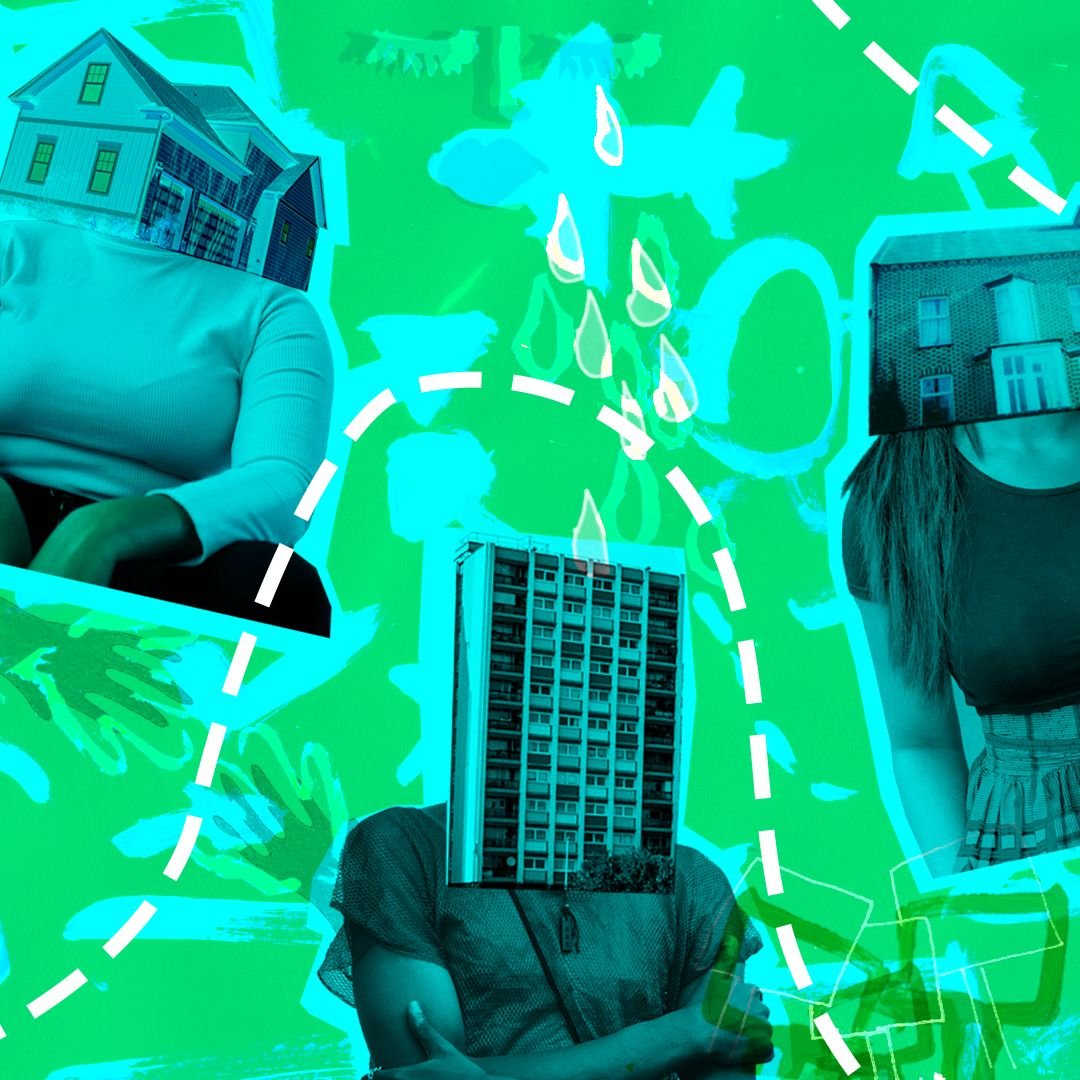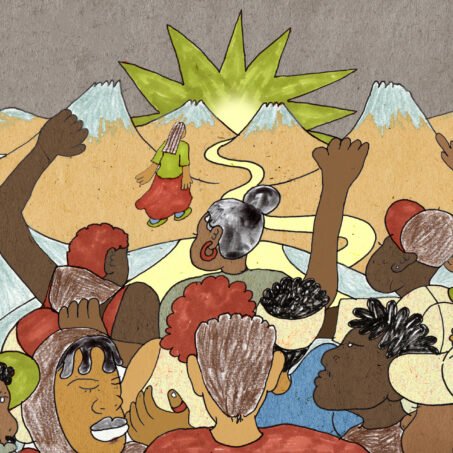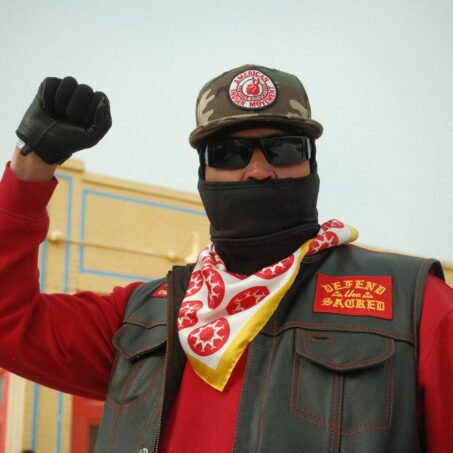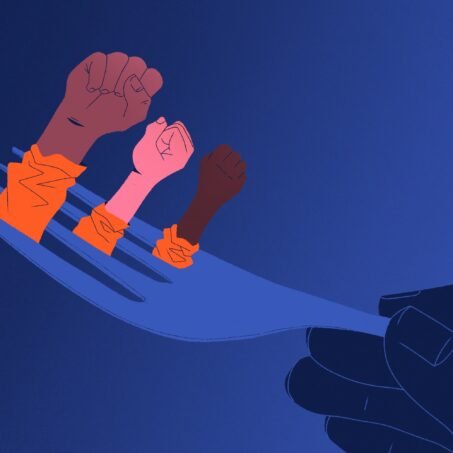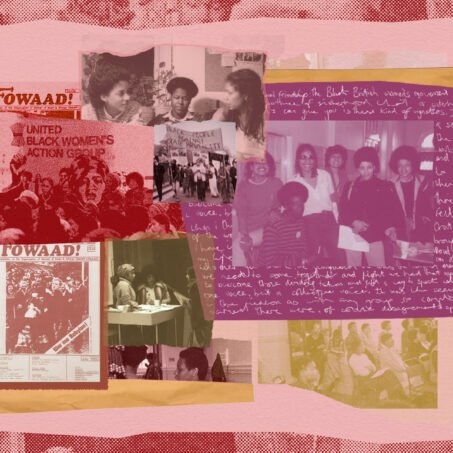Like many Black British people, I’ve often struggled with the concept of ‘home’. Being Nigerian is something I feel in my blood, it filters between the gaps in myself and is the answer to questions not even being asked. Hidden like secrets, you can find elements of my Nigerian nature in my laugh, my smile and my scold. If you asked me, I could explain how it impacts the way I navigate situations and how I see the world. However, I’ve never been able to fully find a home in it. Being British is kind of similar; I understand what the label means to me, but I would never confidently wear it. For the most part, neither of these things has ever really bothered me. I love Black British culture and being surrounded in it has always given me the sense of comfort I needed. However, maybe more than any other year prior, 2020 has forced Black Britain to question what home means to us and who we share that with. With Black people being four times more likely to die from COVID, and the rise of the Black Lives Matter movement, many of us have spent the year feeling like they can’t breathe in this country. Which is why it makes sense that many people are thinking about their connections to their ‘motherlands’.
For the diaspora, the EndSARS protests helped shine a light on the realities facing many Black people in African countries. The movement was never about us; it was about supporting people on the ground, raising awareness, and doing what we could to hold leaders to account. However, seeing the levels of support across the diaspora impacted me more than I thought it would. I knew about some of the problems with the SARS (Special Anti-Robbery Squad) before October, but watching it being talked about on my timeline felt different.
For Black Britain, I think these protests weren’t just about the awful things happening on the ground, they were part of a different conversation about home and our relationship to Africa. When the diaspora reacted to what was happening in Nigeria, we weren’t just mourning because we had to watch our people suffer, I think a small part of us was also mourning for ourselves. The protests served as a distinct reminder that when we’re feeling ostracised in Britain, ‘going back home’ is not some magical escape plan. It can be easy for us to buy into the trap of romanticising Africa, but the systems which harm and exploit Black people are universal.
As much as that’s a sobering thought, it’s an important one to acknowledge. When we view African countries as just holiday resorts to escape the cold and racist climate we face in Britain, it makes it harder for us to have solidarity with people on the ground. To be clear, I know most people in the diaspora aren’t naïve, we’re aware that African countries have issues. However, I think there can be a tendency to ignore issues for our own comfort or assume that we’re better at solving them. These protests should serve as a crucial reminder about how important it is to engage in Africa in its entirety and depth.
Accessing that depth isn’t always easy. It’s going to require people to stop relying on their families’ understanding of their home country. For many of us, we’ve always deferred to our family as our main source of African knowledge, but as we get older, it’s important to do the work to understand our country outside of our parent’s views on it. The reality is that a lot of our parents have also lived in Britain for years, and they have an imperfect understanding on current social and political situations that exist back home. We have to get better at listening to a wide range of people on the ground, who are doing work to develop and uplight African countries.
When we engage with Black content, that can’t just keep being from British and American people, we should be reading and exploring the depth Africa has to offer. There’s a lot of important activist and scholarly work being done, and we could learn so much if we actually engaged with it. Even in entertainment, we’re great at listening to African musicians, but we often barely interact with African creatives who do work in other artforms. If we want to stop having simplistic twitter debates about why an African country is the way it is, then we need to become much better at being proactive with how we consume content and knowledge about Africa. We need to take the time to ask better questions, develop our base and unlearn the imperialistic ways we’ve been taught to view Africa growing up.
We also need to make sure we’re listening to marginalised voices on the ground. For example, the LGBTQI+ community in Nigeria risks a lot to make sure their voices are heard, it’s vital that we’re listening. I think we can have a tendency to look at these people as heroes, but not actually invest any time in making the realities of their lives better, because we view their suffering as an inevitable part of being African. Sometimes I feel like we talk about vulnerable groups in Africa like they are martyrs, despite the fact they are alive and fighting to improve their circumstances. Whilst change isn’t easy, progress is being made and there’s a lot more we could be doing to support it.
Even though ENDSARS wasn’t something I was personally going through, I felt seen by the rest of the diaspora in a way I never had before. It reminded me that home isn’t just a place, it’s a people. It’s who we find love and safety in and who requires little explanation because they just ‘get it’. Seeing how much police brutality in Nigeria was upsetting non-Nigerian Black people helped remind me that I have a sense of home in my shared trauma, joy, and kinship with the rest of the Black diaspora. We need to keep talking about the issues communities are facing, such as the current situation in Ethiopia, and come together to work with people on the ground to solve them.
I hope we can use the lessons we learnt from the EndSARS protests to foster better Pan-African solidarity. For this to work, it’s going to require us to have difficult conversations about the reasons Black communities don’t always support each other. For example, the large levels of Islamophobia in many Christian groups is one of the things that prevents effective Pan-African solidarity from happening. We can’t expect Pan-Africanism to be easy, but it should be a central part of how we start thinking about African development in the future. What does that mean in practice? It means doing work to understand how African countries can support and develop each other’s economies independently from Western support. It means looking at the structures which harm Black nations and how we in the diaspora feed into them. It means investing in cultural events and practices which develop a shared sense of Pan-Africanism. It means taking the time to research what’s happening in different Black Nations, and not just big ones like Nigeria. There are real things we could be doing in the diaspora to strengthen African solidarity; we need to make it a priority.
I will always be a proud Nigerian, but when thinking about home, I want us to start discussing Africa more broadly and what it should mean to us. The EndSARS protests showed that when it comes down to it, despite how much we bicker like siblings, Africans show up for each other. We need to bring that energy into our organising, writing, and mindset going forward.
